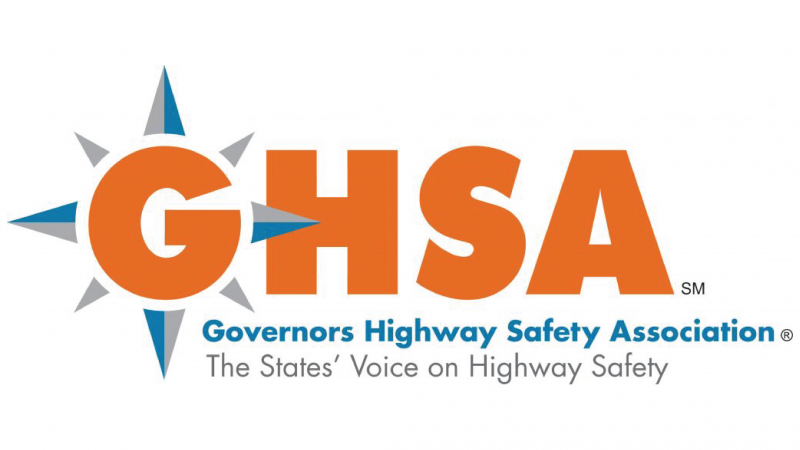New Reports Calls States to Take Action on Drug-Impaired Driving
Law Enforcement Training Grants Fill Critical Gap
WASHINGTON, D.C.—With more states legalizing marijuana and record numbers of people dying from drug overdoses, concerns about drug-impaired driving are escalating. While we have made progress in combatting drunk driving in recent decades, drug use by drivers continues to rise. In fact, in 2015 (the most recent national data available) drugs were present in 43% of the fatally-injured drivers with known test results, appearing more frequently than alcohol.
To confront this complex and evolving highway safety issue, today, the Governors Highway Safety Association (GHSA) and the Foundation for Advancing Alcohol Responsibility (Responsibility.org)released a comprehensive update of their 2015 report about drug use on our nation’s roadways. Drug Impaired Driving: A Guide for States, equips states and policymakers with the latest research, data, laws and programs to help them address this growing problem. This new edition includes recent data on drug use by drivers and drug involvement in crashes, new state laws and programs, and information from more than 30 additional research studies.
“As states across the country continue to struggle with drug-impaired driving, it’s critical that we help them understand the current landscape and provide examples of best practices so they can craft the most effective countermeasures,” said Jonathan Adkins, Executive Director of GHSA.
Despite the wealth of additional information available, GHSA’s basic advice remains largely unchanged. Chief among the report’s recommendations is increased training for law enforcement officers to help them identify and arrest drugged drivers. To that end, Responsibilty.org is providing grant funding to State Highway Safety Offices so they can deliver this much-needed training.
Following four successful pilot programs in 2016, this year five states will receive grants totaling $100,000. The Illinois, Montana, Washington, West Virginia and Wisconsin highway safety offices will each use their funding to implement Advanced Roadside Impaired Driving Enforcement (ARIDE) training and Drug Recognition Expert (DRE) programs. Sixteen states and territories applied for these competitive grants. A selection committee comprised of experts from around the country reviewed the applications and determined the recipients.
“As drunk driving has declined, drugged driving has increased dramatically and many of today’s impaired drivers are combining two or more substances, which has a multiplicative effect on driver impairment,” said Ralph. S. Blackman, President and CEO of Responsibility.org. “We are pleased to partner with GHSA to fill a critical gap. These training grants will prepare law enforcement to detect drug-impaired drivers and make roads safer for us all.”
Another suggestion for states is to form a broad-based statewide task force to develop a strategic plan on the issue. California’s efforts could serve as a model on this front. A committee of stakeholders from across the entire impaired driving system is working to develop a “Blueprint” to guide the state’s efforts to combat drug impaired driving. The plan is expected for release by the end of this year.
The report also recommends prioritizing accurate and timely data collection. New York launched a promising new data system that leverages tablet computers to help law enforcement officers record investigation data on the scene, which are transferred into a centralized system for immediate access.
The report author, Dr. Jim Hedlund, a former senior NHTSA official, notes, “Drugged driving is a complicated issue. The more we can synthesize the latest research and share what’s going on around the country to address drug-impaired driving, the better positioned states will be to prevent it.”
An interactive PDF of the new report and infographics are available online. Dr. Hedlund will present key findings during a webinar on May 3 at 2:00 p.m. EDT. Register at https://attendee.gotowebinar.com/register/4845315029079223554.
Released on April 26, 2017
Contact: Kara Macek, kmacek@ghsa.org
202-789-0942 x 140
